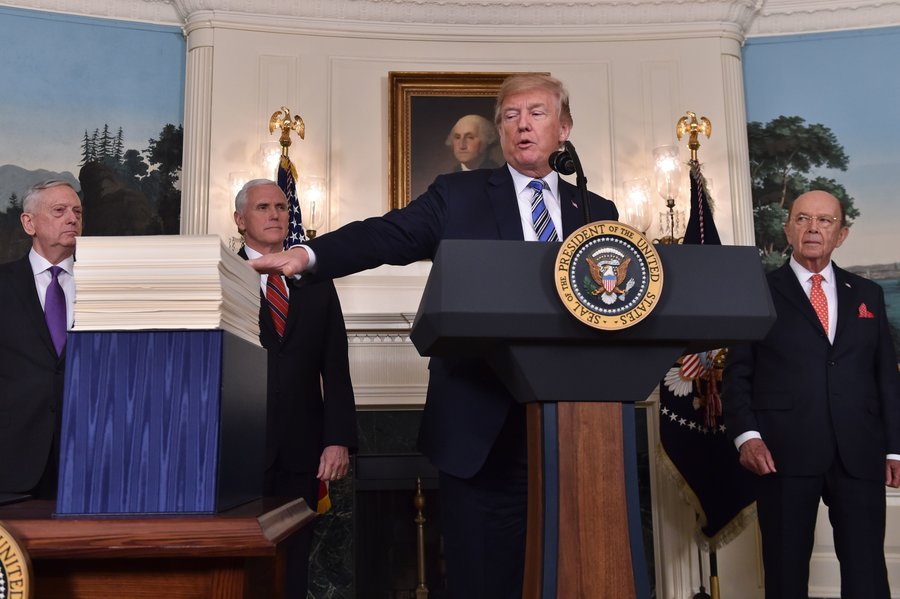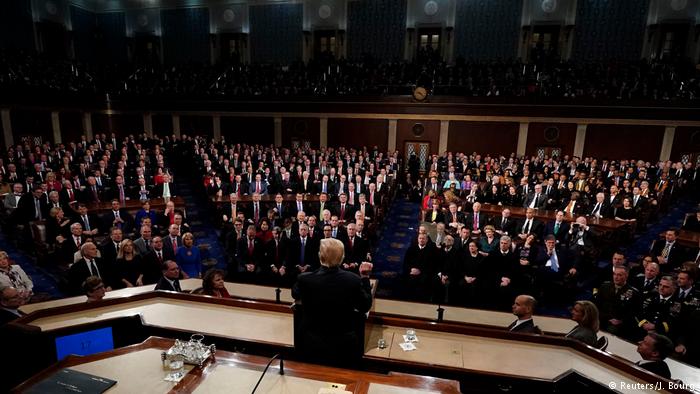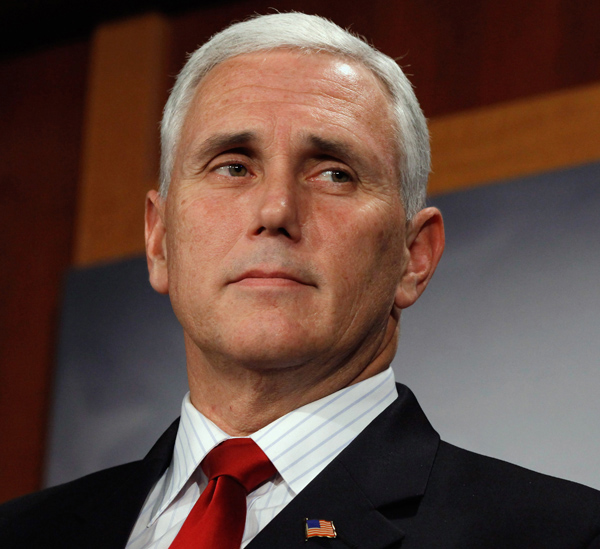
As 2019 comes to a close, Congress has limited time to finish many items on its lengthy agenda. For months, House Democrats and the White House have been deadlocked in their discussions to resolve policy disagreements over the USMCA, the major trade deal struck by the Trump administration with Mexico and Canada to revise NAFTA. However, as impeachment has become the central agenda item in the House, the goal of passing the USMCA by Christmas seems to be falling short.
Rep. Richard Neal (D-MA), the Chairman of the House Ways and Means Committee, Speaker Nancy Pelosi (D-CA), and the US Trade Representative Robert Lighthizer met last week to move past the impasse, and while significant progress made, no agreement was finalized. Many moderate Democrats elected in 2018 in Trump districts are keen on passing to USMCA to show a tangible bipartisan issue that they have helped resolve to their voters.
Nevertheless, the nation and Congress’s focus has shifted from trade policy to the landmark impeachment hearings taking place in the House Intelligence Committee. Many progressive Democrats buoyed by their voters’ anger towards President Trump have prioritized impeaching President Trump. President Trump has pointed out the lack of policymaking on important issues such as trade and drug prices due to the impeachment inquiry.
The House’s end of year agenda will be determined by Speaker Nancy Pelosi as she balances the wishes of varying perspectives within the Democratic Caucus. While difficult, it is entirely possible that Speaker Pelosi accomplishes both passing a revised USMCA and voting on articles of impeachment by year’s end. Speaker Pelosi has incredible political instincts, and Americans should not underestimate her abilities to accomplish the House’s most pressing issues.





